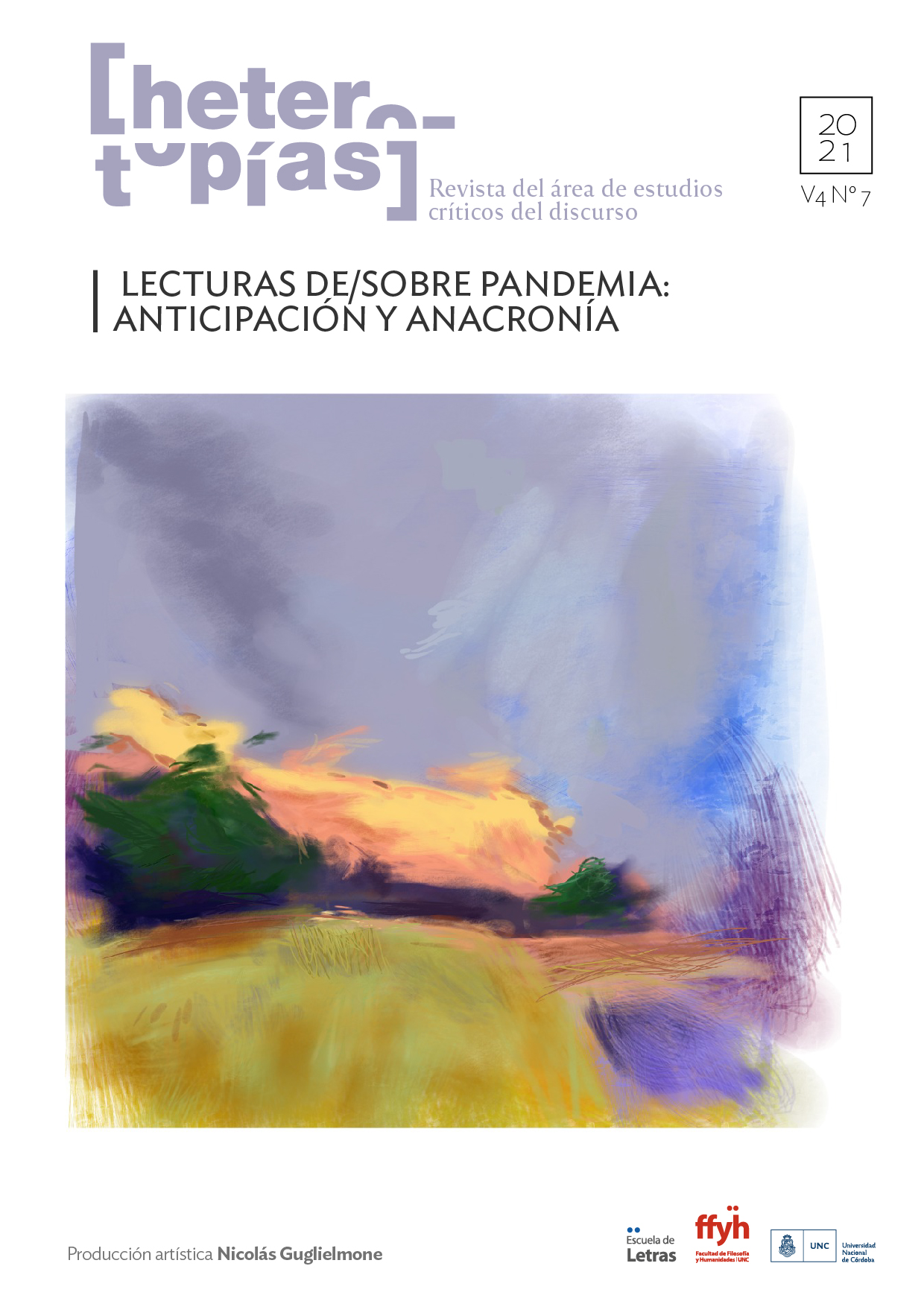The people of ressentiment and redention versus emancipation
Main Article Content
Abstract
This article examines the philosophical notion of resentment from the standpoint of its generative force in politics. Not to justify it, just to understand how it contributes to articulate an exclusionary people or demos. For this I will use two distinctions. One is the one that the Guaraní language offers us between two figures of the first-person plural, oré and ñandé, which designate the particularistic and exclusionary we and the inclusionary we, correspondingly. The other distinction is between emancipation and redemption or secular salvation. The people of resentment are committed to exclusionary forms of politics and to the salvation of their particularism rather than to emancipation.
Downloads
Article Details

This work is licensed under a Creative Commons Attribution-NonCommercial-ShareAlike 4.0 International License.
Those authors who have publications with this journal, accept the following terms: Those authors who have publications with this journal, accept the following terms:
a. The authors will keep their copyright and guarantee to the journal the right of first publication of their work, which will be simultaneously subject to the Creative Commons Attribution - Non-Commercial - Share Alike (by-nc-sa) Attribution License; no commercial use of the original work or any derivative works is allowed, the distribution of which must be done with a license equal to the one that regulates the original work.
b. Authors may adopt other non-exclusive license agreements for the distribution of the published version of the work (e.g., deposit it in an institutional telematic archive or publish it in a monographic volume) provided that the initial publication in this journal is indicated.
c. Authors are allowed and recommended to disseminate their work through the Internet (e.g. in institutional telematic archives or on their website) before and during the submission process, which may lead to interesting exchanges and increase the number of citations of the published work. (See The effect of open access).
How to Cite
References
Agamben, G. (2005). State of Exception. Chicago: The University of Chicago Press.
Arditi, B. (2015). The People as Re-presentation and Event. En Carlos de la Torre (Ed.), The Promise and Perils of Populism (pp. 92-112). Kentucky: University of Kentucky Press.
Canovan, M. (1999). Trust the People! Populism and the Two Faces of Democracy. Political Studies, 47(1), 2-16.
Deleuze, G. (2006). Nietzsche y la filosofía. Barcelona: Anagrama.
Ekins, E. (2017). The Five Types of Trump Voters. Who They Are and What they Believe. Recuperado de https://www.voterstudygroup.org/publication/the-five-types-trump-voters.
Lowndes, J. (2019). Populism and Race in the United States from George Wallace to Donald Trump. En Carlos de la Torre (Ed.), Routledge Handbook of Global Populism (pp. 190-200). Londres: Routledge.
Nietzsche, F. (2000). La voluntad de poder. Madrid: Edaf.
Oakeshott, M. (1998). La política de la fe y la política del escepticismo. México: Fondo de Cultura Económica.
Rancière, J. (2000). Política, identificación y subjetivación. En Benjamín Arditi (Ed.), El reverso de la diferencia. Identidad y política (pp. 145-152). Caracas: Nueva Sociedad.
Wodak, R. (2019). Entering the ‘post-shame era’: the rise of illiberal democracy, populism and neo-authoritarianism in Europe. Global Discourse, 9(1), 195-213.
